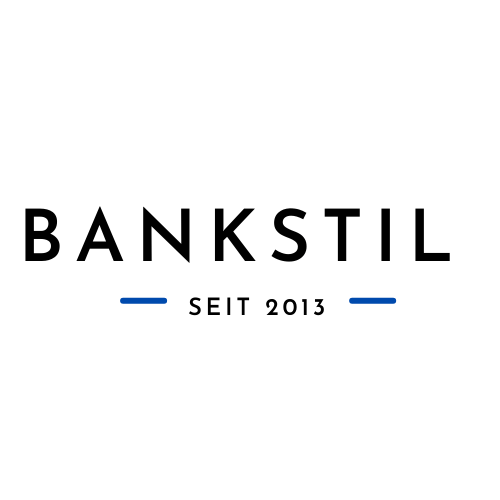Von Ralf Keuper
Das Thema ICO erhitzt zuweilen die Gemüter. Hierzulande sorgte der fingierte Scam des Fintech-Startups Savedroid für einige Irritation. In den USA hat die Börsenaufsicht SEC diese neue Form der Finanzierung unter die Lupe genommen. Für Außenstehende, aber auch für einige Insider, ist eine objektive Bewertung der Vor- und Nachteile von ICO’s indes schwer.
Wilton Thornburg wirft in seinem Beitrag Crypto Monitors Regulate Blockchain To Pull Your Assets From the Fire einen differenzierten Blick auf das Thema. Um betrügerische ICO’s bereits im Vorfeld zu erkennen, plädiert Thornburg für die Installation von Crypto Monitors.
Crypto monitors function as regulatory czars to establish cryptocurrency regulations, and this arises out of the need to protect investors.
Einige Fragen bleiben:
How do you regulate something when no understanding or agreement exists on what defines the thing to be regulated? Does Bitcoin provide a store of value or a medium of exchange? Does it function as money or as a security of a company like stock? Since Bitcoin does not belong to a nation, how does a nation tax it? Does blockchain define cryptocurrency? Or does decentralization? Do existing laws suffi…
